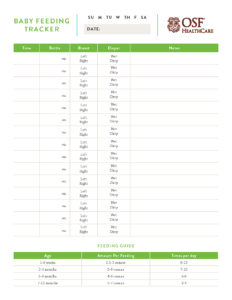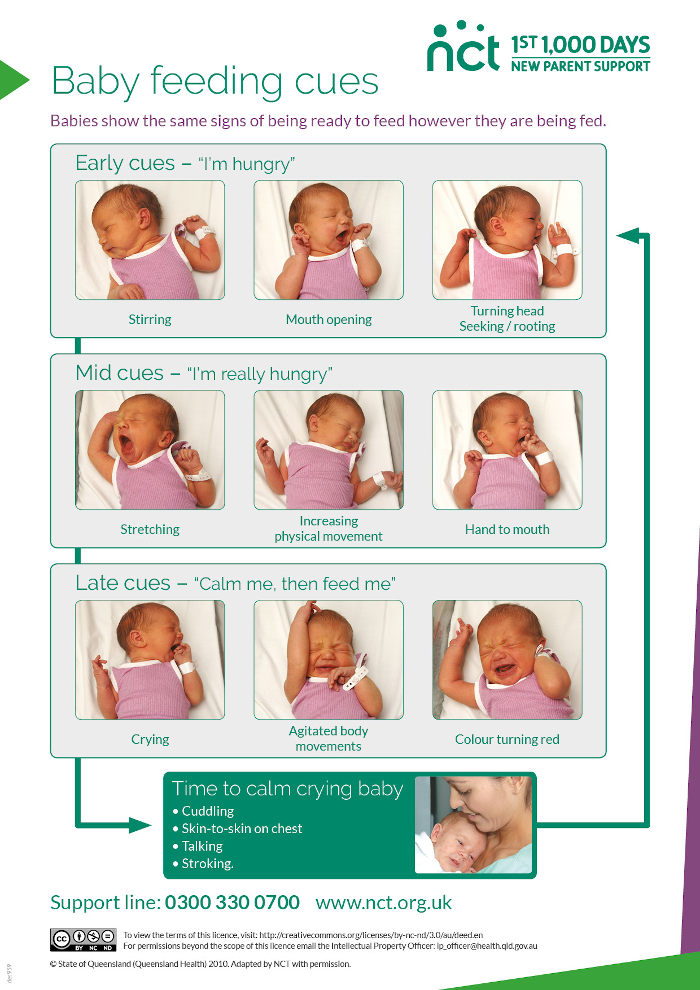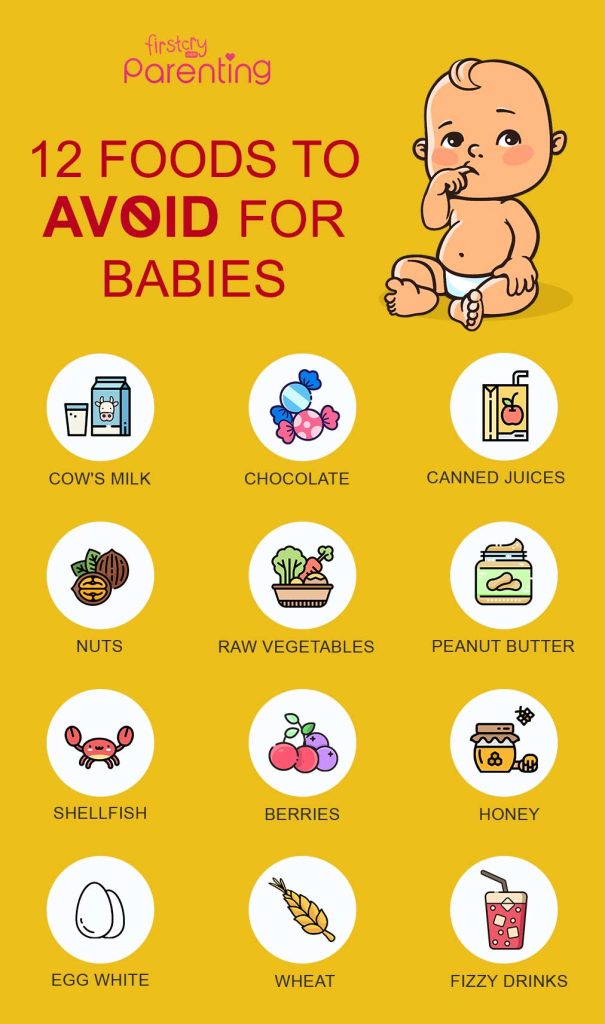Newborns should be fed every 2-3 hours, totaling about 8-12 feedings per day. Breastfed babies may feed more frequently.
Newborn feeding schedules can be challenging for new parents. Establishing a consistent routine helps ensure the baby’s nutritional needs are met. Frequent feedings support healthy growth and development in these early stages. Breastfeeding offers numerous benefits, including essential nutrients and antibodies.
Formula-fed infants also need regular feedings to maintain optimal health. Pay attention to hunger cues like rooting and sucking motions. Proper feeding practices can contribute to a baby’s overall well-being. Consulting with a pediatrician is recommended for personalized advice and guidance. Understanding newborn feeding patterns can ease the transition into parenthood and ensure a healthy start for the baby.
Newborn Feeding Basics
Feeding a newborn is a vital task for new parents. Understanding the basics helps ensure your baby is well-nourished and healthy. Let’s explore the importance of feeding and how to recognize signs of hunger.
Importance Of Feeding
Feeding your newborn frequently is essential. It supports their rapid growth and development. Babies have small stomachs, so they need to eat often. Regular feeding provides the necessary nutrients for brain and body development.
Breast milk or formula offers complete nutrition. It helps build your baby’s immune system. Feeding also creates a strong bond between parent and baby. This bond is crucial for emotional development.
Signs Of Hunger
Recognizing hunger signs helps you know when to feed your baby. Look for these common signs:
- Lip smacking or sucking sounds
- Rooting, or turning their head towards your hand
- Fussiness or crying
- Putting hands to mouth
Responding to these signs promptly ensures your baby stays satisfied. It also helps establish a regular feeding routine. A well-fed baby is usually calm and sleeps better.

Credit: www.whattoexpect.com
Breastfeeding Vs. Formula Feeding
Feeding a newborn is a crucial part of early parenting. Parents often choose between breastfeeding and formula feeding. Each method offers unique benefits for the baby and the parent. Understanding these differences helps you make an informed choice.
Breastfeeding Benefits
Breastfeeding provides a natural source of nutrition for your baby. It contains antibodies that help protect the baby from infections. Breast milk is easily digestible, reducing the risk of constipation. It also fosters a strong bond between mother and baby. Additionally, breastfeeding can help the mother lose pregnancy weight faster.
Below are some key benefits of breastfeeding:
- Contains essential antibodies
- Easy to digest
- Fosters mother-baby bonding
- Aids in postpartum weight loss
Formula Feeding Advantages
Formula feeding provides flexibility for parents. Anyone can feed the baby, not just the mother. This allows the mother to rest or return to work. Formula is also rich in vitamins and nutrients. It is designed to meet the baby’s dietary needs. Formula feeding can also be more convenient in public settings.
Here are some key advantages of formula feeding:
- Provides feeding flexibility
- Rich in essential nutrients
- Allows mother to rest or work
- Convenient in public
Both breastfeeding and formula feeding have their own benefits. The choice depends on what works best for you and your baby.
Feeding Frequency
Understanding the feeding frequency for a newborn is crucial for their growth and development. Parents often wonder how often they should feed their newborn to ensure proper nourishment. This guide will help you determine the right feeding schedule for your baby.
Newborn Feeding Schedule
Newborns typically need to eat every 2 to 3 hours. This means feeding your baby 8 to 12 times in a 24-hour period. Breastfed babies may need to eat more often than formula-fed babies, as breast milk digests quicker.
Keep an eye on your baby’s hunger cues. Signs like sucking on their hands, lip-smacking, or rooting can indicate it’s feeding time. Don’t wait for your baby to cry, as that is a late sign of hunger.
Night Feedings
Night feedings are essential for newborns. They need to eat regularly to maintain their energy levels. During the first few weeks, you may need to wake your baby for night feedings, especially if they are underweight.
As your baby grows, their need for night feedings will decrease. By the time they are 2 to 3 months old, they may sleep longer between feedings. Always consult your pediatrician to ensure your baby is getting enough nutrition.
| Age | Feeding Frequency |
|---|---|
| 0-1 Month | Every 2-3 hours |
| 1-2 Months | Every 3-4 hours |
| 2-3 Months | Every 4-5 hours |
Feeding Techniques
Feeding a newborn requires patience and the right techniques. Proper feeding techniques ensure your baby gets the nutrition they need. This section covers important aspects of feeding, focusing on Proper Latching and Bottle Feeding Tips.
Proper Latching
Proper latching is crucial for successful breastfeeding. A good latch helps the baby get enough milk. Here are some tips for achieving a proper latch:
- Hold your baby close with their nose level with your nipple.
- Wait until your baby’s mouth is wide open.
- Bring your baby to your breast, not your breast to your baby.
- Ensure your baby’s mouth covers more of the lower part of the areola.
- Check if your baby’s chin touches your breast and their nose is free.
Bottle Feeding Tips
Bottle feeding can be a convenient option. Here are some tips to make it easier and more effective:
- Choose the right bottle and nipple for your baby.
- Hold your baby in a semi-upright position.
- Ensure the bottle is tilted so the nipple is full of milk.
- Check the milk temperature by dripping some on your wrist.
- Allow your baby to take breaks to burp.
Understanding these techniques can make feeding your newborn smoother. Both you and your baby will feel more comfortable and relaxed.
Tracking Intake
Tracking how much your newborn eats helps ensure they are healthy. It is crucial to monitor their feeding patterns. This helps you know if they are getting enough nutrients. Let’s dive into key indicators.
Wet Diapers
One of the best ways to track a newborn’s intake is through wet diapers. Newborns should have at least six wet diapers a day. This indicates they are well-hydrated and getting enough milk. Keep a chart to track diaper changes.
| Age | Wet Diapers per Day |
|---|---|
| 0-1 Week | 5-6 |
| 1-4 Weeks | 6-8 |
| 1+ Month | 8+ |
Growth Spurts
Growth spurts are times when babies need more food. During these periods, your baby might eat more often. These spurts often happen around 2-3 weeks, 6 weeks, 3 months, and 6 months.
- 2-3 weeks: Babies might eat every hour.
- 6 weeks: Feeding sessions might become longer.
- 3 months: Babies might eat more frequently.
- 6 months: Expect more frequent feedings again.
Always follow your baby’s hunger cues. Look for signs like sucking on their hand or fussiness. Do not rely solely on the clock.

Credit: www.osfhealthcare.org
Common Feeding Challenges
Feeding a newborn can be challenging for many parents. Understanding common feeding issues helps ease this process. Below, we explore some of these challenges in detail.
Latching Issues
Many new moms face latching issues while breastfeeding. A proper latch is crucial for effective feeding. It ensures your baby gets enough milk and prevents sore nipples. Here are a few signs of poor latching:
- Pain during breastfeeding
- Cracked or sore nipples
- Baby slipping off the breast
To improve latching, try different breastfeeding positions. You can also use nipple shields. Consulting a lactation expert can be very helpful.
Colic And Gas
Colic and gas are common feeding challenges. Colic makes babies cry for long periods. Gas causes discomfort and bloating. These issues often occur after feeding. Here are some signs:
- Frequent crying
- Clenched fists
- Arched back
To reduce colic and gas, burp your baby after feeding. Hold your baby upright for at least 15 minutes. You can also try baby massage techniques to relieve gas.
Here is a quick reference table for common feeding challenges:
| Challenge | Signs | Solutions |
|---|---|---|
| Latching Issues | Pain, cracked nipples, slipping off | Try different positions, use nipple shields, consult a lactation expert |
| Colic and Gas | Crying, clenched fists, arched back | Burp after feeding, hold upright, baby massage |
Addressing these common challenges can make feeding your newborn easier. Always consult your pediatrician for personalized advice.
When To Seek Help
Feeding a newborn can be challenging. Sometimes, you may need help. Knowing when to seek help is crucial for your baby’s well-being. Below are some situations where you should consult experts.
Consulting Pediatricians
It is essential to consult a pediatrician if you notice any of the following signs:
- Your baby is not gaining weight.
- Feeding sessions take longer than 30 minutes.
- Baby is crying excessively during or after feeding.
- Your baby has fewer than six wet diapers a day.
- You see blood in your baby’s stool.
Pediatricians can provide tailored advice and check for underlying health issues. Regular check-ups ensure your baby is growing properly.
Lactation Consultants
Lactation consultants can be invaluable, especially for breastfeeding mothers. Consider seeking their help in these scenarios:
- Your baby has trouble latching.
- You experience pain during breastfeeding.
- Your milk supply seems insufficient.
- You have questions about pumping and storing milk.
- Your baby is not feeding regularly or shows disinterest in nursing.
Lactation consultants offer practical solutions and emotional support. They help ensure both mother and baby are comfortable and well-nourished.
Maintaining Your Health
Feeding a newborn is demanding. It’s crucial to maintain your health. This ensures you have energy and stamina. Let’s explore some essential aspects to focus on.
Hydration And Nutrition
Staying hydrated is vital for new parents. Drink plenty of water. Aim for at least 8 glasses a day. Consider keeping a water bottle nearby. This helps you remember to drink.
Eat a balanced diet. Include fruits, vegetables, and proteins. These foods provide necessary nutrients. Avoid junk food and sugary drinks. They can make you feel sluggish.
Rest And Recovery
Rest is essential for recovery. Try to sleep when your baby sleeps. Short naps can be very refreshing. Create a comfortable sleeping environment. A dark, quiet room can help you rest better.
Allow your body to heal. Avoid heavy lifting or strenuous activities. Gentle exercises like walking can be beneficial. Listen to your body and take breaks as needed.

Credit: www.nct.org.uk
Frequently Asked Questions
How Long Should A Newborn Sleep Without Feeding?
Newborns typically need to feed every 2-3 hours. Some may sleep up to 4 hours without feeding. Consult your pediatrician for personalized advice.
Is It Ok For A Newborn To Feed Every 4 Hours?
Newborns usually need to feed every 2-3 hours. Feeding every 4 hours might not provide enough nutrition. Consult your pediatrician.
How Long Should You Let A Newborn Go Between Feeds?
Newborns should feed every 2-3 hours. Frequent feeding ensures proper growth and maintains their energy levels.
Is It Mandatory To Feed Newborn Every 3 Hours?
Yes, feeding a newborn every 2-3 hours is recommended. Regular feeding ensures proper nutrition and growth. Always consult your pediatrician for personalized advice.
Conclusion
Feeding a newborn can be challenging, but understanding their needs makes it easier. Pay attention to hunger cues and establish a routine. Frequent, small feedings ensure your baby gets proper nutrition. Always consult your pediatrician for personalized advice. Trust your instincts and enjoy the bonding time with your little one.


